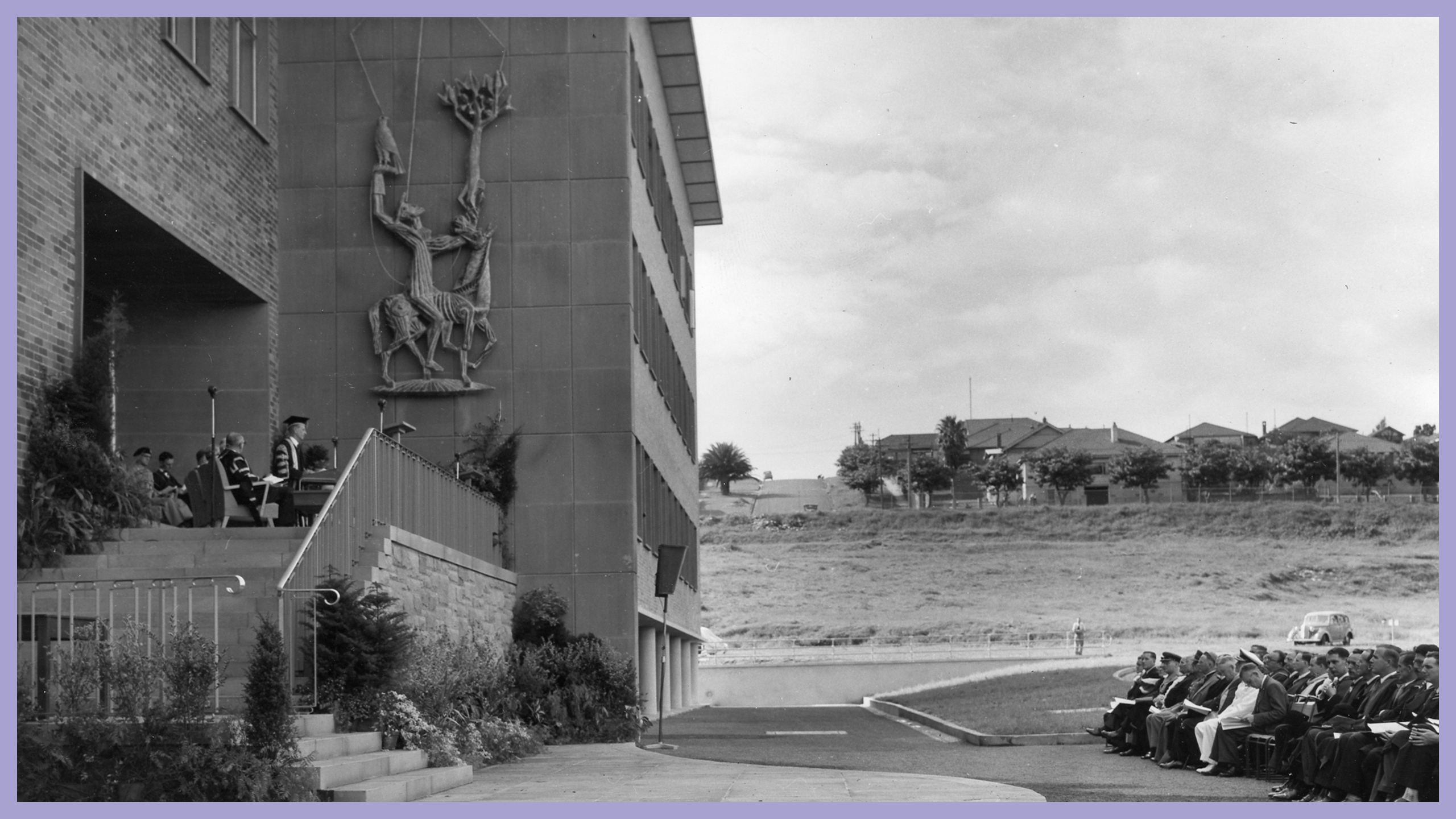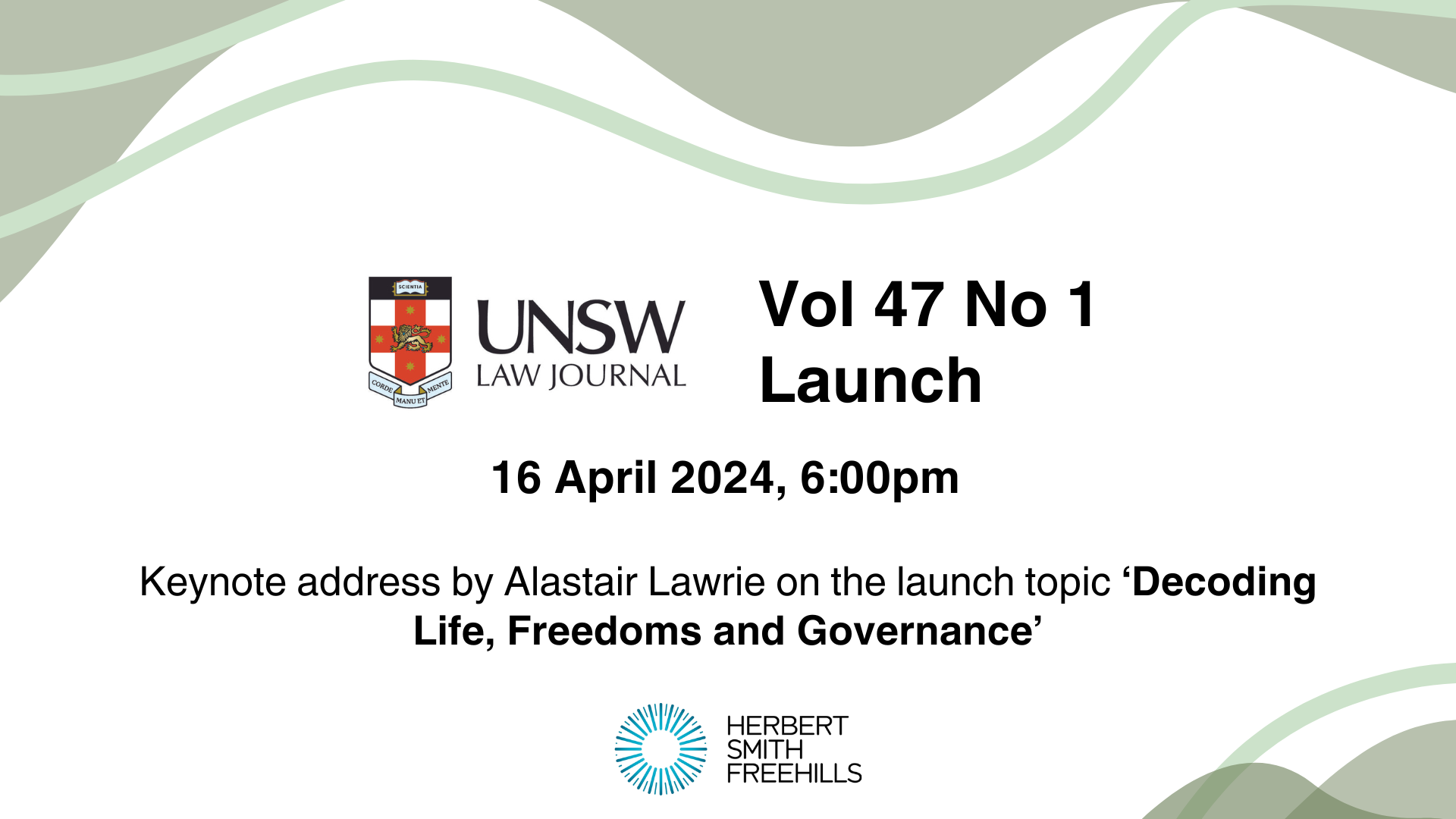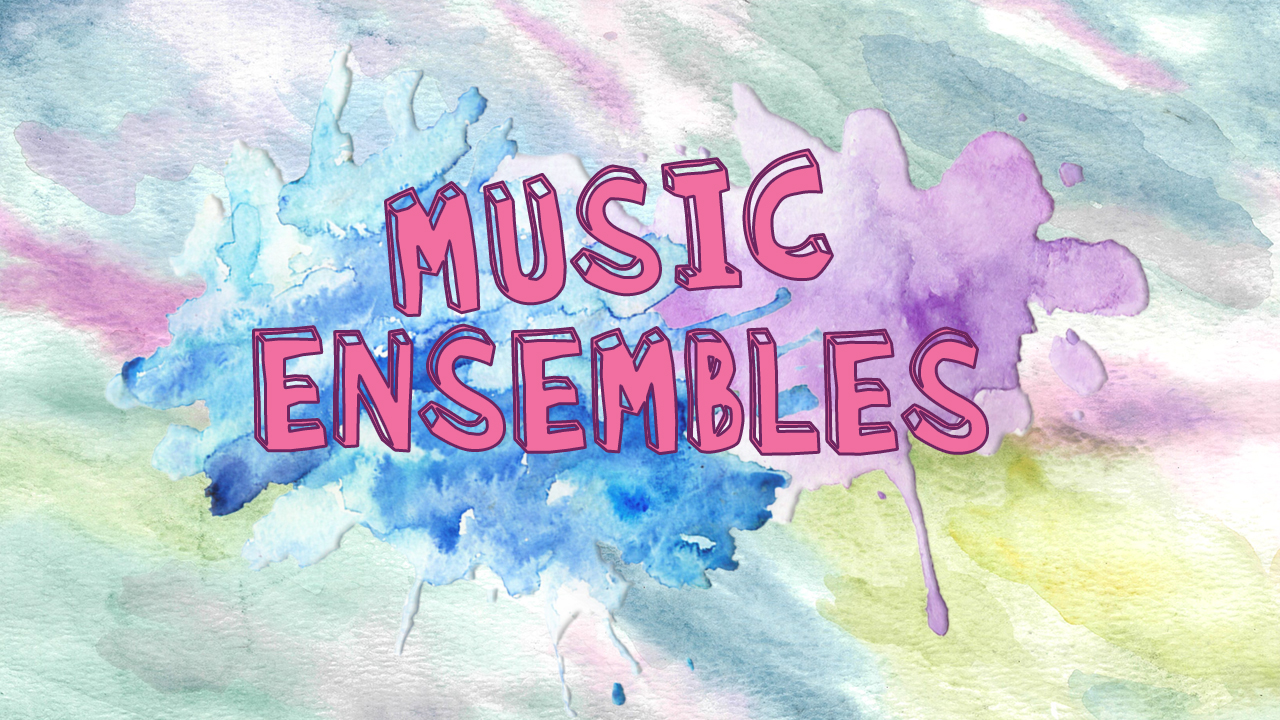POSTPONED How can we thrive in the 21st century? | 6 July

Unfortunately this event is POSTPONED due to the NSW Health restrictions on public events. As the current COVID-19 situation develops we will endeavour to reschedule this event and will be in touch as soon as possible.
If you have any questions, please contact the Centre for Ideas on 02 9065 0485 or email centreforideas@unsw.edu.au.
Whilst we endeavour to reschedule these events, we encourage you to register your interest below so that you can be notified about event updates.
Register Interest
---
To date the 21st century has delivered global pandemics, climate emergencies and deeply divided politics. But how do we equip ourselves to face this uncertain future and thrive in the 21st century? Hear from UNSW's brightest minds and discover the science behind quantum computing, the new frontier of education and how game theory and tree hugging could solve the climate crisis.
Isabella Dobrescu & Alberto Motta | Education reloaded
The way we educate needs a rethink. All the parts we need are already in front of us, we just need fresh eyes to examine them. One way is to stop differentiating between ‘academics’ and ‘students’. We should all just be learners, all constantly challenging the status quo. Learning must both reflect and fit into our lives, and be a bold experience that is personal, interactive and fun... because who said education can’t be as entertaining as Netflix or Super Mario? Or both?
Danielle Holmes | The quantum leap in artificial intelligence
We are on the brink of a technological revolution. The rapid development of quantum computing and the power that it will bring means we are on the cusp of solving problems that we cannot solve with classical computers. But what will happen to AI when the computational power behind it increases dramatically? We are already concerned about the impact of AI on jobs and people alike, so does the collision of AI and quantum computing have a dark side? After all, we are dealing with technology that has the capacity to replace the human race. How can we thrive once intelligence decouples from human consciousness?
Bernardo García Pola | Think local, act global
There are no jobs on a dead planet, so we must find a way for capitalism and the environment to coexist in harmony. The pursuit of ever-increasing profits has seen us hurtling towards the point of no return, so how can we incentivise the world’s biggest polluters to choose the planet over profit? The answer could be game theory and reimagined market design so that it is in everyone’s interests to do the right thing for the planet.
Bronwen Morgan | Legal imagination
We are in the midst of a climate emergency, and it’s time we wrote a new social contract to bring our economy into line with what the planet can afford. To create a regenerative economy where humanity can thrive, we are going to need legal imagination. Think of a world where rivers had human rights, corporations were regulated by their stakeholders, ecocide was a crime and money looked entirely different. Where can legal imagination take us?
Matthew Priestley | Why we need a smarter grid for a renewable future
Australia doesn’t have a problem with generating renewable energy... but it turns out we have a problem with using it. Our country has an almost infinite capacity for solar, wind, and hydro energy, but converting those forms of energy to function correctly within our existing electricity grids isn’t easy. Switching to renewables is fundamental to combat climate change, so how do we overcome the technical challenges of integrating clean energy generation into our electricity grid?
Tema Milstein | Nature freaks
If we are going to save the planet, we need to start hugging trees. Westernised humans tend to believe they are separate from nature, which shapes thinking and actions toward the environment. But seeing the world with humans at its centre has massive ramifications – from climate crisis to mass extinction. What stands in the way of more of us remembering we are embedded in the natural world and its intricate networks? And how do we override anthropocentrism, and start seeing ourselves as one with the flowers?
Hosted by Michael Richardson
VISITOR SAFETY INFORMATION
Please read the COVID-19 visitor safety information prior to registering for this event. Check back closer to the event date as information is frequently updated. Information can be found here.
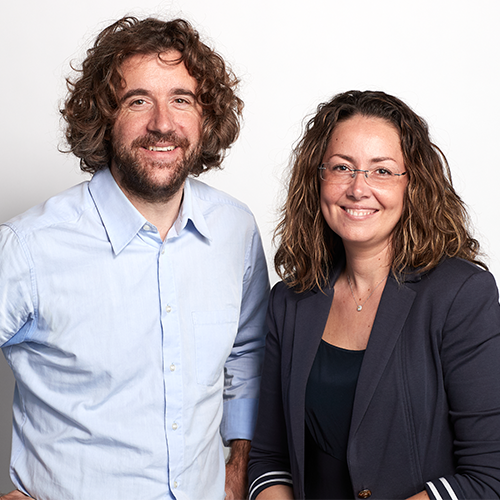
Isabella Dobrescu & Alberto Motta
Isabella Dobrescu is a Professor of Economics at UNSW Sydney. Isabella's interests are in labour, public finance, and applied econometrics, and she is also the Deputy Head of the School of Economics.
Alberto Motta is an Associate Professor of Economics at UNSW Sydney. Alberto's interests focus on contract theory, labour and development economics, and he is also a Deputy Director (Research) of UNSW's Scientia Education Academy.
Together they co-chair the STEP UP initiative in Education @ UNSW, working to combine theory, empirical analysis and RCTs to help design approaches that aim to improve educational outcomes using technology. Isabella and Alberto are also co-founders and co-chief scientists at a newly formed lab testing innovative education approaches (LionsHeart Studios, an organisation spun out of the Gamification Group at UNSW).

Danielle Holmes
Danielle Holmes is a Postdoctoral Researcher in the School of Electrical Engineering and Telecommunications, in the Faculty of Engineering at UNSW Sydney. She is pursuing the realisation of scalable quantum computers through ion implanted donor spin qubits in silicon, with a focus on noise-cancelling technology using spectator qubits, deterministic implantation using single ion detectors and the isotopic enrichment of silicon to provide a spin-free environment for donor qubits. During her PhD she researched donor activation and isotopic enrichment of silicon via ion implantation for quantum computing and was awarded best PhD completion talk in the School of Physics, University of Melbourne. Danielle received her MSci and BA from the University of Cambridge in Physical Natural Sciences.
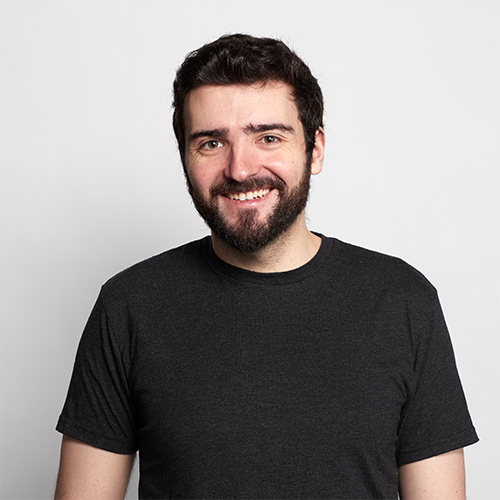
Bernardo García Pola
Bernardo García Pola is a Postdoctoral Fellow at the AGORA Centre in the School of Economics in the UNSW Business School. His main research interests include behavioural economics, experimental economics and game theory. Pola also focuses on the diffusion of economics and science to the general public, as well as critical thinking. A two-time semi-finalist of Famelab, Bernardo García Pola also has a YouTube channel with over 1.5 million views.
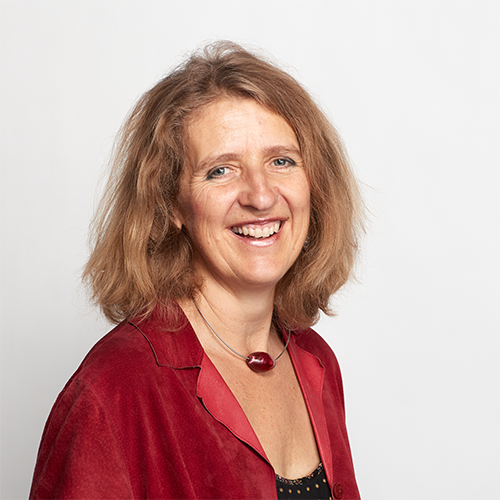
Bronwen Morgan
Bronwen Morgan joined the UNSW Faculty of Law and Justice School as a Professor of Law in October 2012, after seven years as Professor of Socio-legal Studies at the University of Bristol, and six years at the University of Oxford. Her research explores creative ways of reimagining the economy to respond to contemporary challenges, including innovative ways of sharing the ownership and governance of digital platforms, and distributed participatory approaches to providing important infrastructure such as energy, food and water. She is also co-founder of the New Economy Network of Australia.
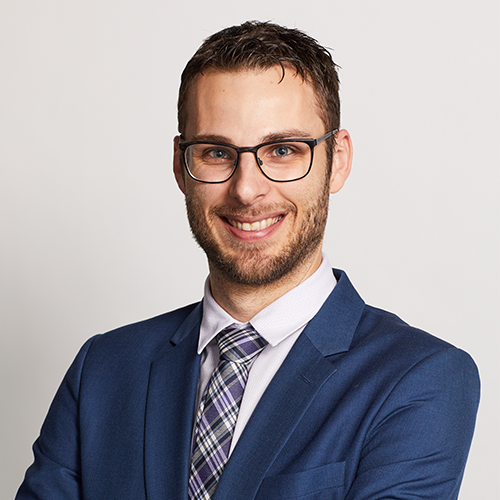
Matthew Priestley
Matthew Priestley is an Associate Lecturer in the School of Electrical Engineering and Telecommunications in the Faculty of Engineering at UNSW Sydney. He received the Dean’s Award for outstanding PhD thesis and won acceptance to the Founders 10x Accelerator program in 2019. Through this program, he founded a technology start-up company called Motorica that was looking to commercialise specialised electric motor designs for safety-critical applications. Priestley has been working in the research areas of safety-critical motor drive systems and converter grid synchronisation systems. He is passionate about developing robust synchronisation of high amounts of renewable energy sources to the electricity distribution network.
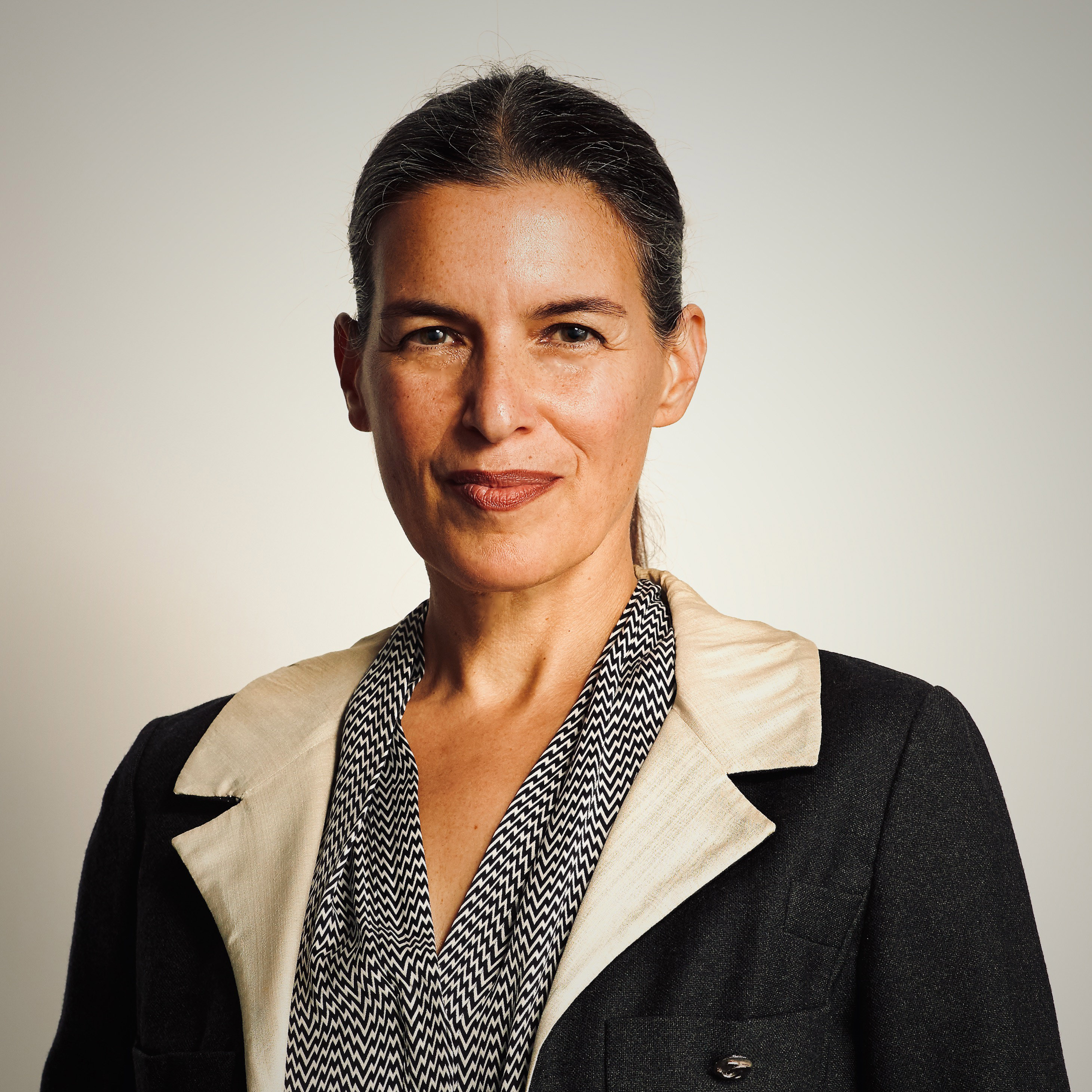
Tema Milstein
Tema Milstein’s work tends to ways culture and communication shape ecological understandings, identities, and actions. Her recent edited books, the Routledge Handbook of Ecocultural Identity (2020) and Environmental Communication Pedagogy and Practice (2017), explore the centrality of the ecological in our lives and our learning. She is an Associate Professor of Environment & Society in the Faculty of Arts, Design & Architecture at UNSW Sydney, and convenor of the Master of Environmental Management program.

Michael Richardson (Host)
Michael Richardson is a Senior Research Fellow in the School of the Arts and Media, Faculty of Arts, Design and Architecture at UNSW Sydney. His interdisciplinary research investigates how technology transforms how we perceive and witness the world. He is currently working on a major project funded by an Australian Research Council Discovery Early Career Researcher Award (2019-2021) on drones and witnessing in war and culture. Michael is co-director of the UNSW Media Futures Hub and an ABC Top 5 Humanities Researcher.

